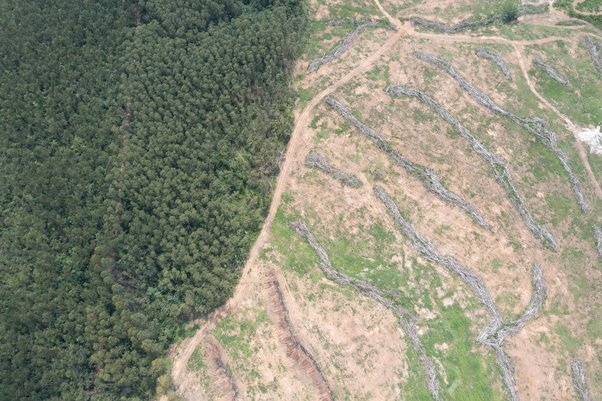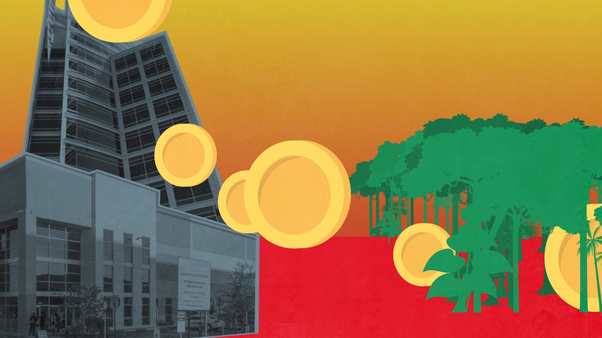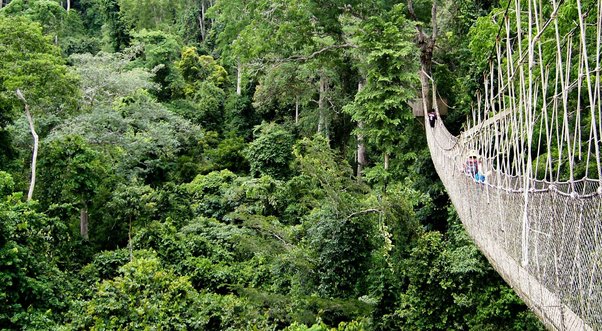Reacting to the European Commission’s final "benchmarking" criteria for countries under its anti-deforestation law, Giulia Bondi, senior EU campaigner at Global Witness said:
“The benchmarking system unfortunately falls short of what the science requires, with countries like Brazil and Paraguay not categorised as ‘high risk’, despite the deforestation crisis consuming climate-critical forests like the Amazon and Gran Chaco.
“But in practice, this shouldn’t undermine the power of this law to save forests. Even when trading in products produced in a ‘low’ or ‘standard-risk’ country, companies will still have to prove their supply chains are free from deforestation and human rights abuses.
“The anti-deforestation law remains a huge and hard-won step forward for EU consumers and climate action – now we can begin to shut the door on dirty commodities in Europe for good.”
The benchmarking system ranks countries as high, standard or low risk, with deforestation-risk products from high-risk countries needing to undergo a higher number of customs checks on arrival in the EU.
Goods in scope of the law from countries classified as low risk will not be exempt from the law. Companies will face the same data collection obligations, although they will face fewer checks.
Products covered by the law include coffee, rubber, timber, palm oil, cattle, soy and cocoa as well as their derived products such as beef and leather.
Companies must now prepare to comply with the law – known as the EUDR – which is set to enter into application at the end of 2025.


